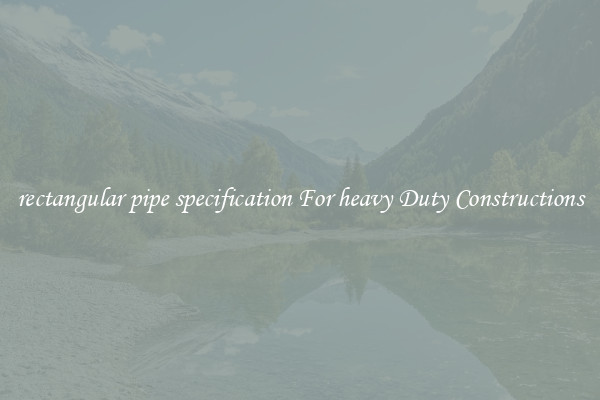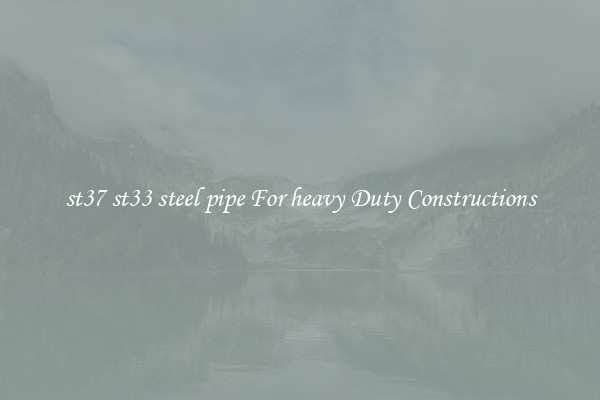rectangular pipe specification For heavy Duty Constructions
Rectangular pipes are widely used in heavy-duty constructions due to their strength and durability. They are designed to withstand high pressure and extreme conditions, making them suitable for a wide range of applications such as infrastructure projects, industrial pipeline systems, and construction of bridges and buildings.

One of the most important aspects of rectangular pipe specification for heavy-duty constructions is the material used. These pipes are commonly made from carbon steel or stainless steel, which provide high strength and excellent resistance to corrosion. Carbon steel rectangular pipes are known for their exceptional toughness and can withstand heavy loads and extreme weather conditions. Stainless steel rectangular pipes, on the other hand, are more suitable for applications where corrosion resistance is crucial, such as in chemical plants or offshore structures.
The dimensions of rectangular pipes also play a vital role in heavy-duty constructions. The specifications typically include the length, width, and thickness of the pipe. The length of the pipe is important for ensuring a seamless construction process as it determines the number of joints required. In heavy-duty constructions, where the pipes need to support large loads, longer lengths are preferred to minimize the number of joints and potential weak points.
The width and thickness of rectangular pipes are key factors in determining their load-bearing capacity. The wall thickness should be carefully chosen based on the specific requirements of the project to ensure adequate strength and safety. Thicker walls are generally preferred for heavy-duty constructions to handle high pressure and heavy loads. Similarly, wider pipes provide higher strength and stability, making them suitable for applications where stability and support are crucial.
In addition to the material and dimensions, rectangular pipe specifications for heavy-duty constructions also include other features like coatings and surface finishes. Coatings such as galvanization or epoxy coatings can be applied to provide additional protection against corrosion, making the pipes suitable for outdoor installations or harsh environments. Surface finishes may include smooth or rough textures, depending on the project requirements and the type of material used.
When selecting rectangular pipes for heavy-duty constructions, it is essential to consider the specific requirements of the project, including the expected load, environmental conditions, and installation requirements. Consulting with a structural engineer or pipe specialist can help ensure that the chosen pipes meet all necessary specifications and regulations.
In conclusion, rectangular pipe specifications for heavy-duty constructions are carefully designed to provide maximum strength, durability, and resistance to harsh conditions. The choice of material, dimensions, coatings, and finishes should be carefully considered to ensure the pipes can handle the intended load and conditions. By following the appropriate specifications, heavy-duty constructions can benefit from the reliability and longevity of rectangular pipes.

View details

View details

View details

View details








